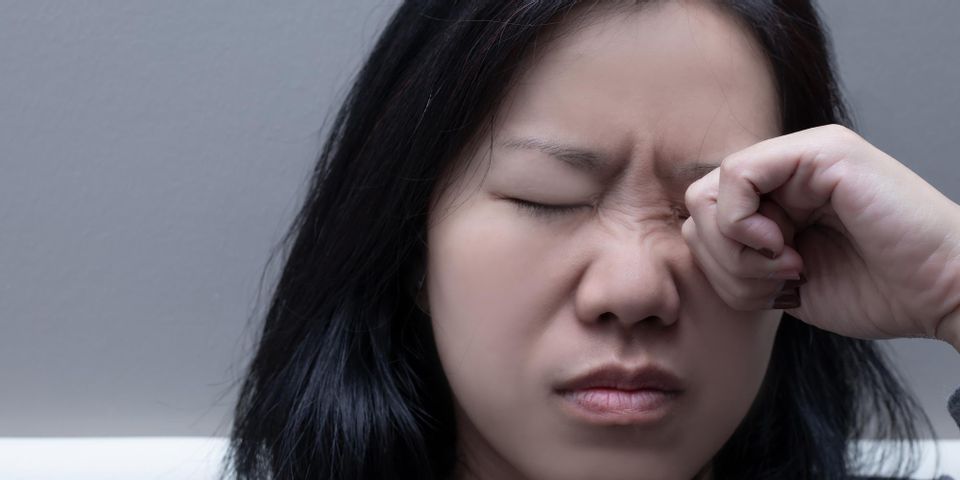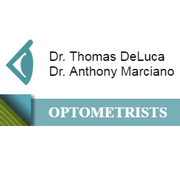4 FAQ About Dry Eyes

Tears are more than the outcome of seeing a sad movie or experiencing feelings of joy. The natural mix of water, oils, proteins, and protective antibodies helps keep eyes properly lubricated and fights off infections. When there are minimal or no tears, a condition known as dry eyes can occur. If you have experienced dry eyes, here’s what you need to know before your next eye exam.
What You Should Know About Dry Eyes
What causes dry eyes?
Women experiencing menopause have noticed itchiness, redness, and blurry vision as a result of the condition. Dry eyes are also caused by certain diseases such as thyroid disorders, rheumatoid arthritis, and lupus.
Dry eyes can be a side effect of medications such as antihistamines and those prescribed for acne, high blood pressure, and depression. Dry eyes have also been linked to vitamin A deficiency. The mineral helps promote healthy vision.
What are the symptoms?
If you experience frequent eye redness, itchiness, light sensitivity, or watery eyes, schedule an eye exam as soon as possible. Other dry eye symptoms include blurry vision, long strands of mucus around or in the eyes, and trouble wearing contact lenses.
What are some relief options?
 The type of treatment will depend on the severity of the condition. Some can find relief through over-the-counter eye drops. Special ointments can be applied to prevent dryness.
The type of treatment will depend on the severity of the condition. Some can find relief through over-the-counter eye drops. Special ointments can be applied to prevent dryness.
Eye doctors can prescribe stronger eye drops or a testosterone cream that is applied to the eyelids to help safely increase testosterone in the oil glands. You can try adding foods with Omega-3 or fish oil to your daily diet for relief. Both nutrients can help improve vision and keep tear ducts properly lubricated.
Is there a permanent solution?
If a patient has frequent bouts with dry eyes, an optometrist may perform a temporary punctal occlusion. This procedure uses plugs to close the duct that drains tears from your eyes, known as the punctum. The plugs are designed to safely dissolve over time. During eye exams, the optometrist will assess whether the temporary punctal occlusion resolved dry eyes or if additional treatment is needed.
More permanent solutions include a surgical procedure that unclogs blocked glands on the eyelids so that tears can flow again. Another treatment option is inserting non-dissolving punctal plugs, which permanently remain in place. A cautery procedure treats dry eyes using a medical device and heat to create a permanent plug for increasing tear flow.
At the office of Dr. Thomas Deluca, Dr. Anthony Marciano & Associates in Prospect, CT, the experienced optometrists have provided expert treatment solutions for patients experiencing dry eyes. The process starts with a thorough and professional eye exam to confirm the condition and includes customized care and follow-up. Their state-of-the-art facility offers the latest preventative services designed to promote healthy vision. If you’re experiencing dry eyes, call (203) 758-4447 to schedule an appointment. Visit the website for the full lineup of services, including information on COVID-19 office procedures.
About the Business
Have a question? Ask the experts!
Send your question

